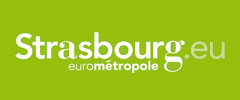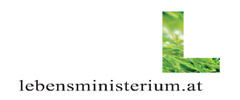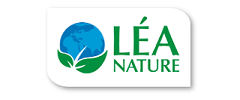New ecosan project started in Kyrgyzstan
Thirty participants met in Bishkek for a training on ecological sanitation and project planning from December 5 – 10, 2006
22.02.2007 |Gero Fedtke

WECF and partners met in Bishkek for a project planning and start-up meeting, that included a 4-day training on Ecological Sanitation. It was attended by 30 participants, who learned with great interest about the effective but simple technology, and devised plans for the construction of model toilets, soil filters, and schemes for testing the effectiveness of urine as fertilizer.

Kyrgyzstan is among the poorest countries of the former Soviet Union. Its population in the rural areas faces many problems – bad sanitary conditions are among them. Kyrgyzstan’s National Statistics claim that only 12% of the rural population has access to improved sanitation. Outdoor pit-latrines are the norm. They are a cause for ground- and drinking water contamination, many infectious diseases, and also infant mortality.
They are unpleasant to use because of the bad odor and their location outside the houses. Waste water is as a rule discharged untreated into pits or open water bodies.
Ecological Sanitation – dry urine diverting toilets and planted soil filters – offers a solution to these problems: in dry UD toilets urine and feces are collected separately and sanitized. Ground- and drinking water is no longer polluted, no bad odors occur and flies are not attracted.
Urine and feces are made available for use as fertilizer in agriculture and gardening. Since no smell occurs, they can be installed indoors. Greywater, i.e. wastewater from kitchen and bathroom, is treated biologically in a planted soil filter. The treated water can be used for watering the garden or discharged.

Each project partner will construct 3 toilets and 1 soil filter. Their functioning will monitored over the course of almost two years. Different models of dry urine diverting toilets will be installed, and their performance compared, also with the performance of standard pit-latrines. Urine will be used on selected test field to gather data about its effectiveness as fertilizer on Kyrgyz soil, in comparison to the commonly used nitrogen fertilizers. At its end, the project will provide recommendations for the construction and use of dry UD toilets in Kyrgyzstan, as well as calculation on the economic value of the fertilizer produced.

































